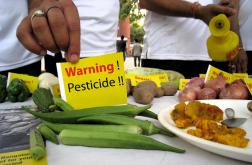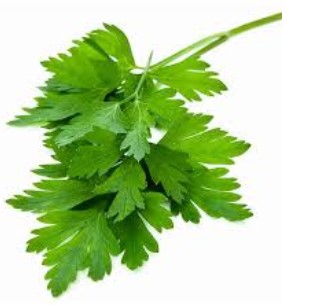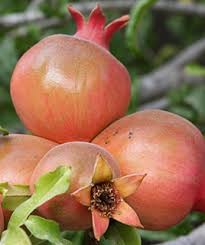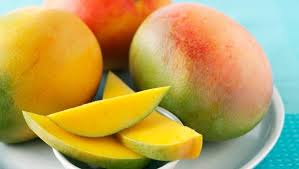Maybe I am really the weird one?
By virtue of things, I think a lot about food (that's probably how most people are – what we see also takes up most of our thoughts). I think about the source of the food I see and eat and what it actually contains (vitamins? Pleasant taste?); how does it help my body, or alternatively may harm it; what is considered to be food and nutrition; when does actual food stop being food and becomes a synthetic compound, "a non-food” that is no longer nutritious?
Some people care most about whether their diet includes enough carbohydrates, others worry if the kids eat enough protein and vitamins, and some believe that fatty foods are healthier (fatter foods like avocados, seeds, etc. are really healthy) as a "fuel source" for the energy the body needs. Some will say that you should separate the fruits and vegetables and not eat them at the same meal, while others find it important to moderate their consumption of sugar, or caffeine, or flour \ dough \ gluten.
However, these are all schools of thought, and since all people and their bodies are slightly different from one other, it is worthwhile to examine the special suitability of each food to suit each body. One thing that I think is common to everyone is the need to eat food without any harmful additives. I mean when I want to eat a tomato, which I suppose is tasty and healthy for me, I want to be able to eat only a tomato, without additives or various supplements such as pesticides, chemicals, hormones or all kinds of stuff that has been added to it for genetic engineering processes. Because with all these additives, it is no longer just a tomato, and it is certainly not a natural tomato that I want to eat.
Why do I feel like the weird one? Because the food that I call "food" includes only what is supposed to be inside, without syntheses, processes or additives. For some reason, this is called "organic food." This addition of "organic" to the title, gives it a kind of aura and special nature, as if it were unusual food intended only for a select few, something esoteric, different, beyond the definition of a basic food. In my opinion, it should be the opposite! Organic fruits and vegetables should carry the sign " real fruits and vegetables" above them, while those which are sprayed with chemicals requiring those who spray them to wear protective space suits, which are “improved” in laboratories, or which are immersed in materials that extend their shelf life should have the unusual labels. Perhaps "fruits and vegetables plus pesticides", or "fruits and vegetables with phosphorus synthesized in the laboratory", or perhaps "fruits and vegetables with additives of different chemicals." According to my logic, just as there is a list of ingredients and warning labels on many other products, the same should be the case for fruits and vegetables. For example "sprayed and treated with insecticides that are absorbed in the fruit", or "infused with hormones and substances that inhibit natural decay". This, to me, is a good idea so that people will be clear about what they put in their mouths.
What do you think?
Have an excellent and balanced week despite the decrease in diversity! (Soon the abundance will return)

To health!
Maggie and the garden staff
Organic vegetable baskets (draft only):
Cucumbers
Tomatoes
Peppers
Sweet potatoes
Potatoes
Butternut squash
pumpkin
lettuce
coriander
Hot pepper – a little
In the large vegetable baskets, also:
Green Thai beans
onions
garlic
Eggplants
Organic fruit baskets:
Bananas
And mangoes
In the large organic fruit baskets, also:
Nectarines in transition
Pears










